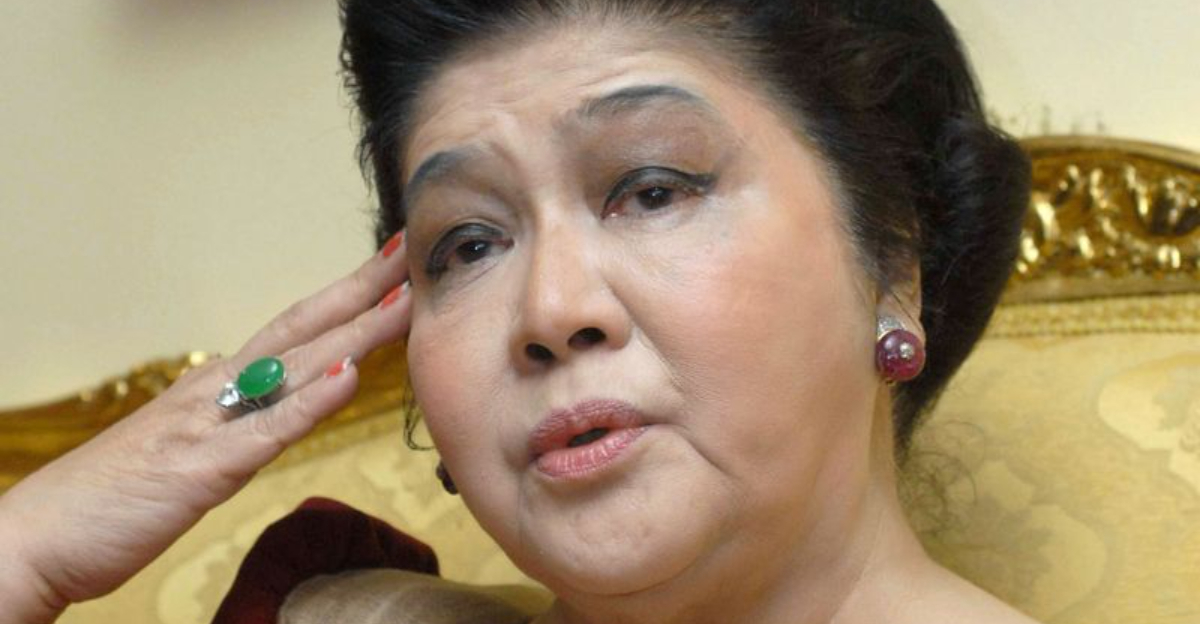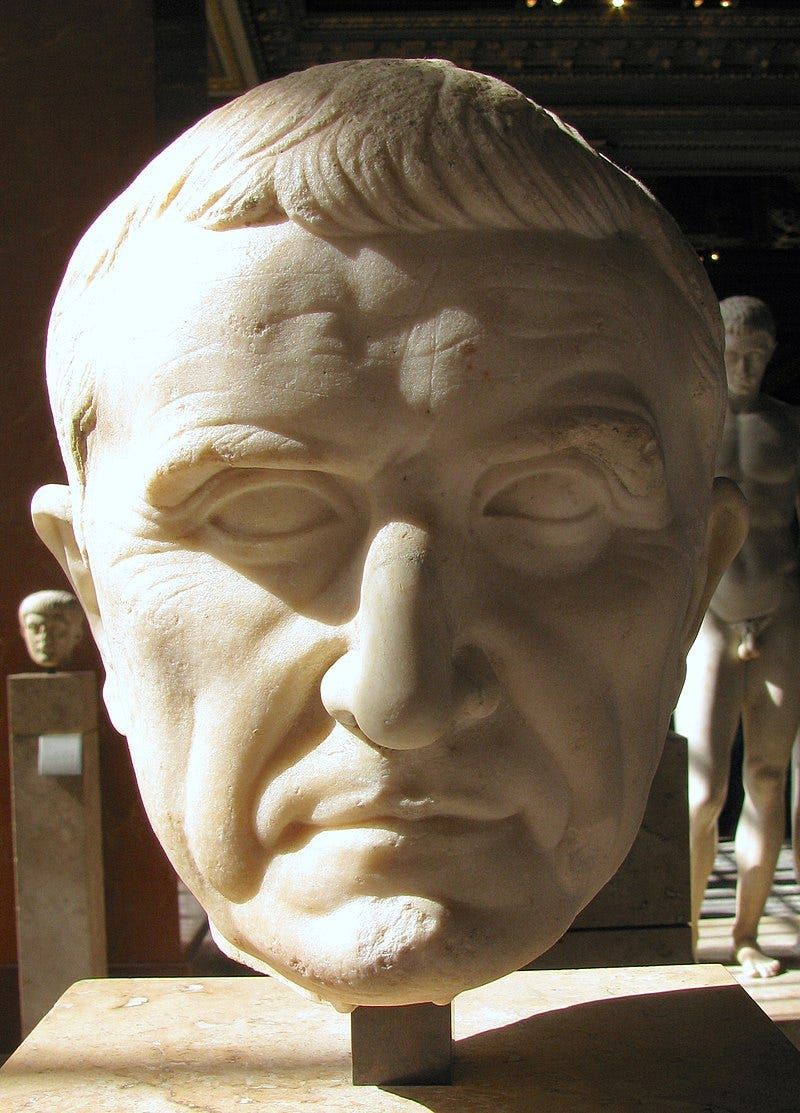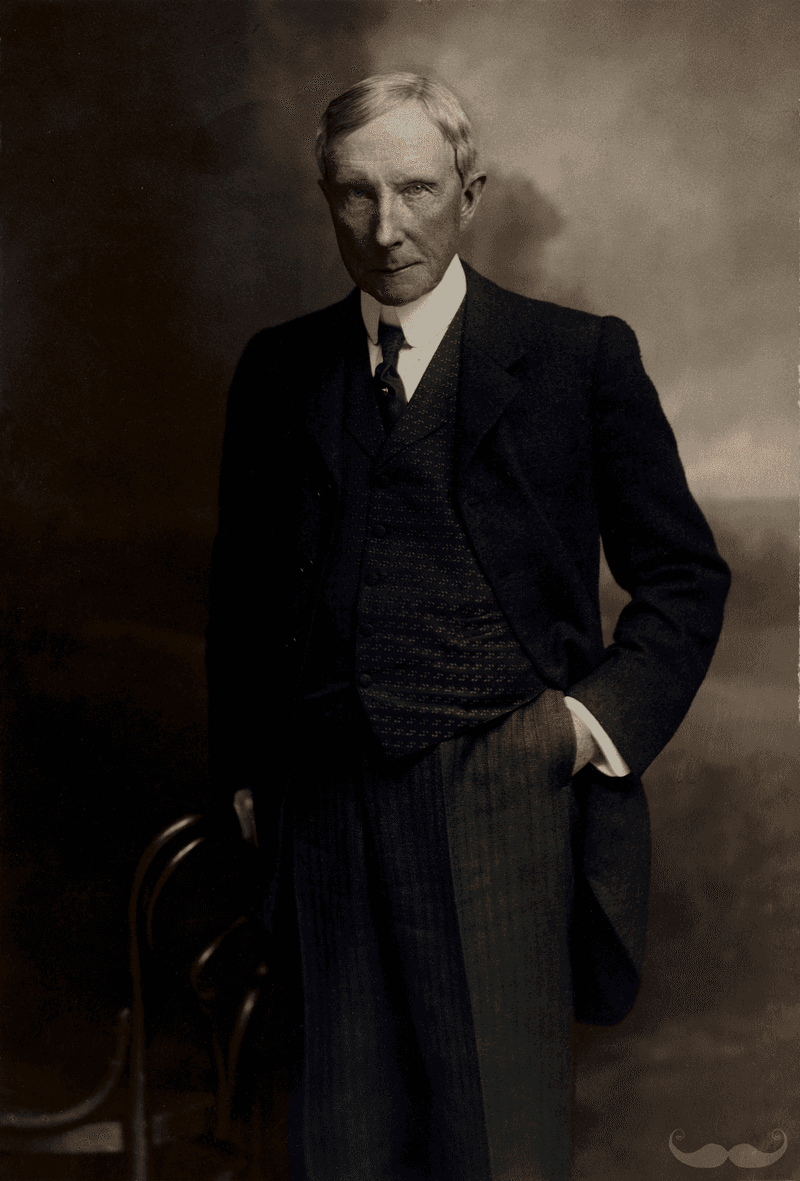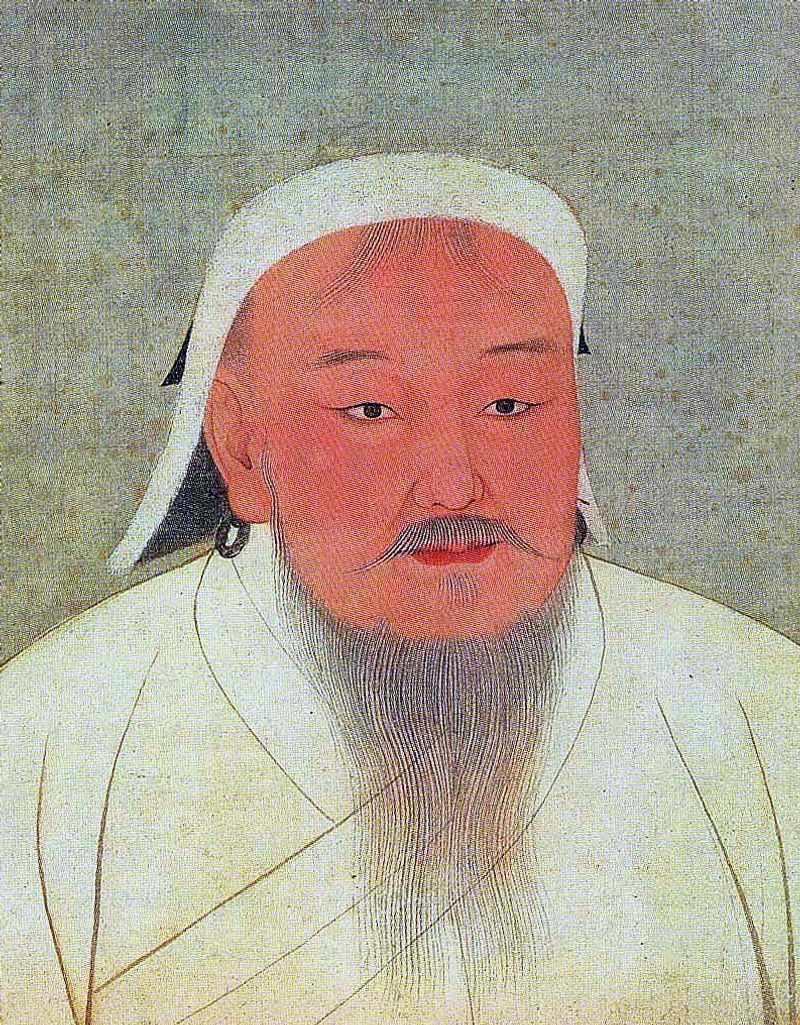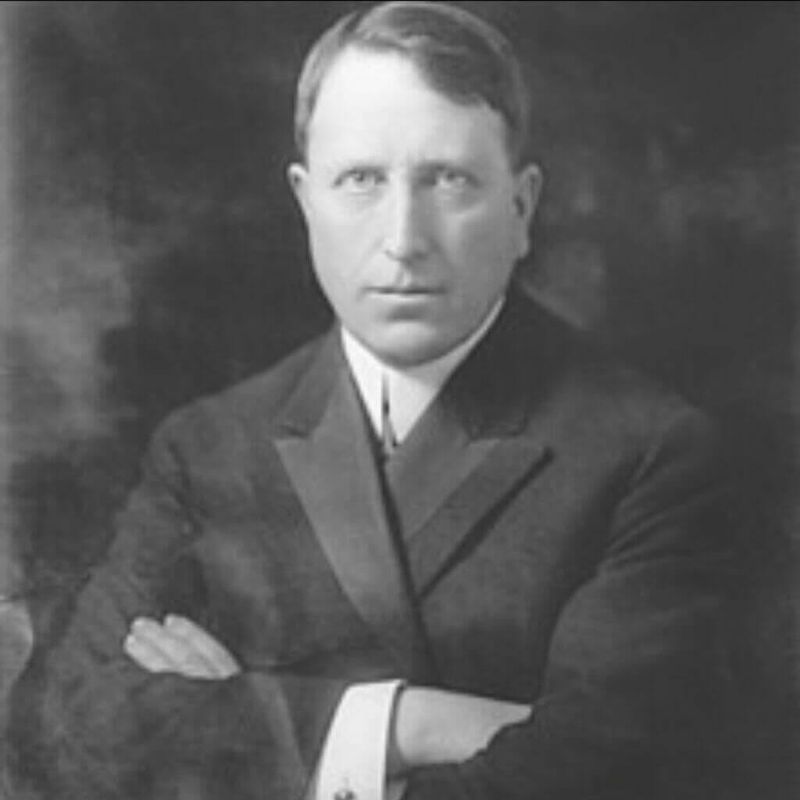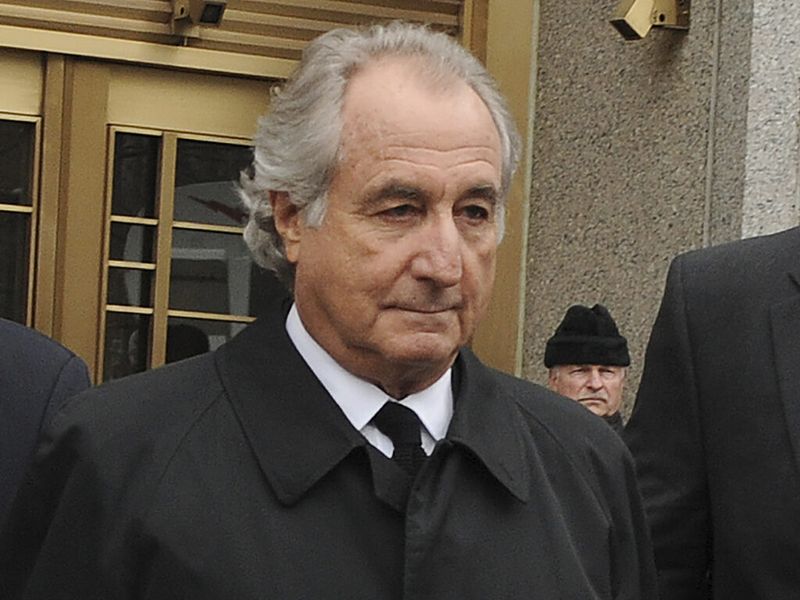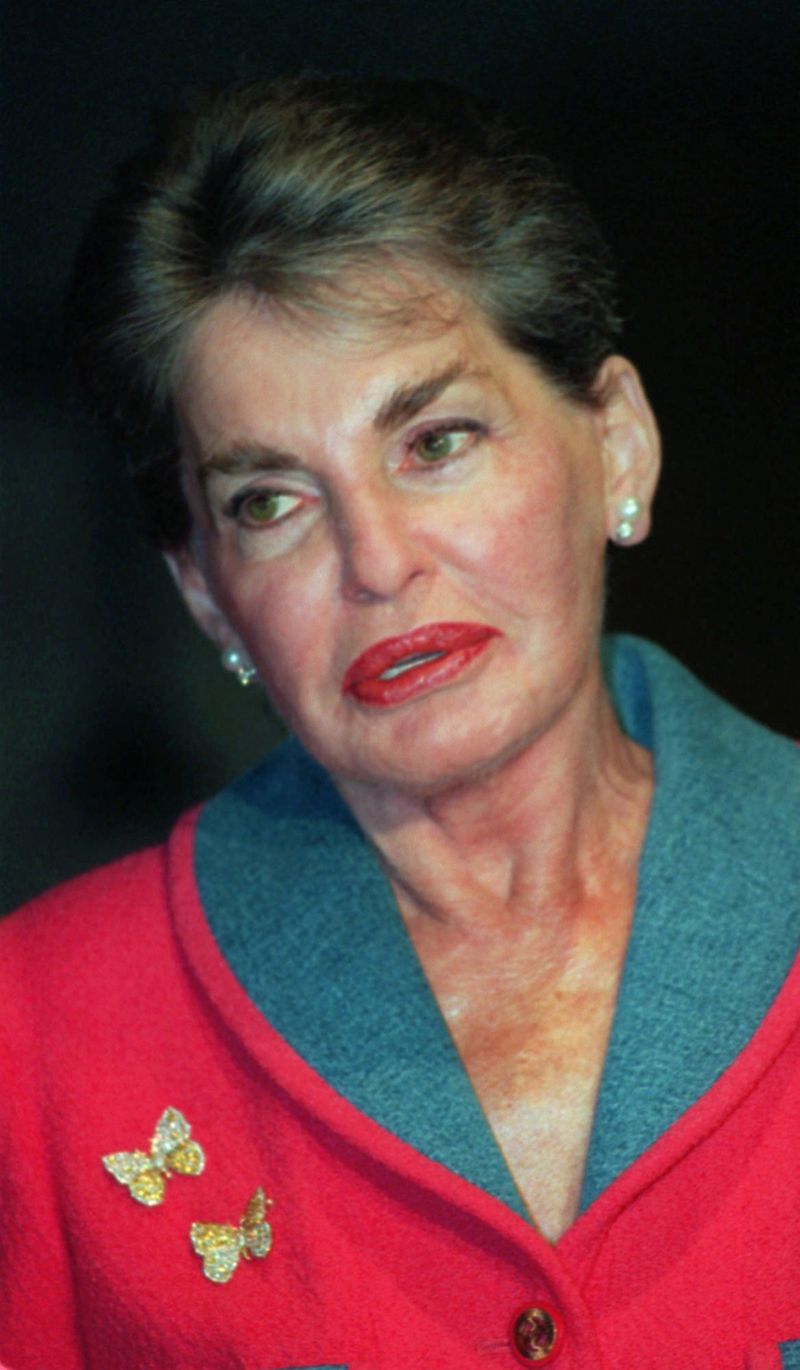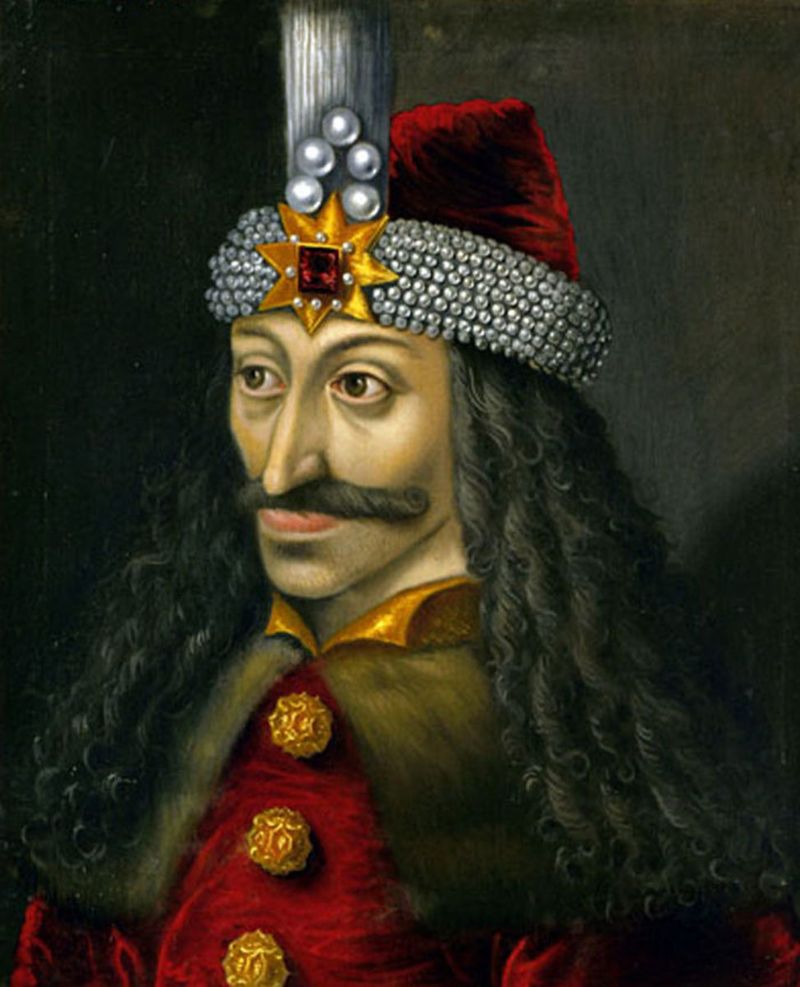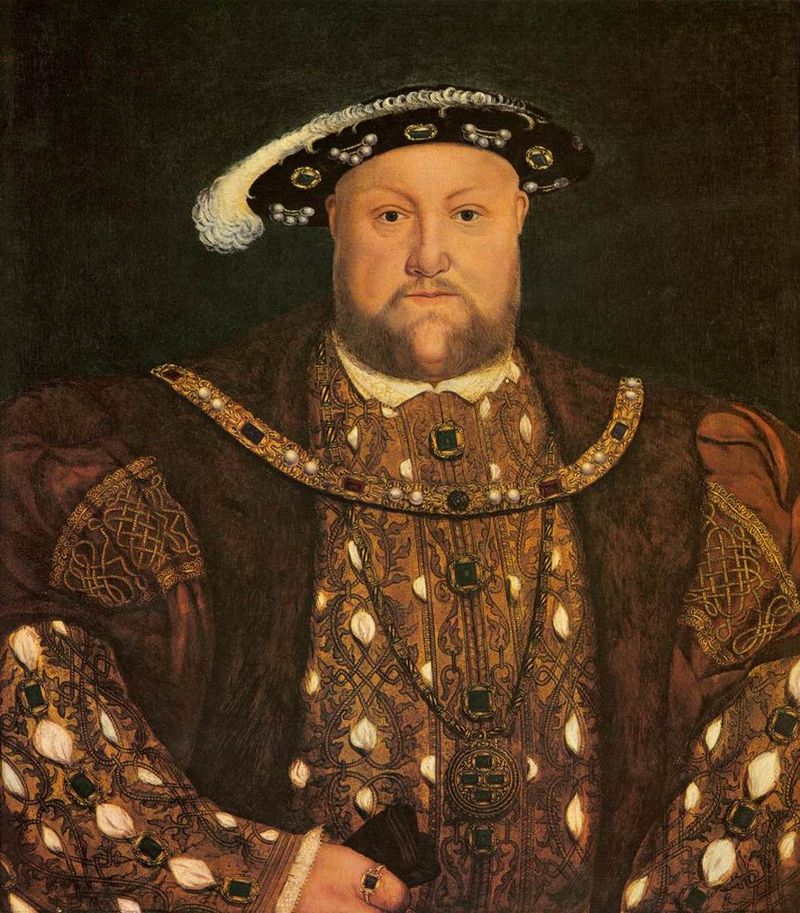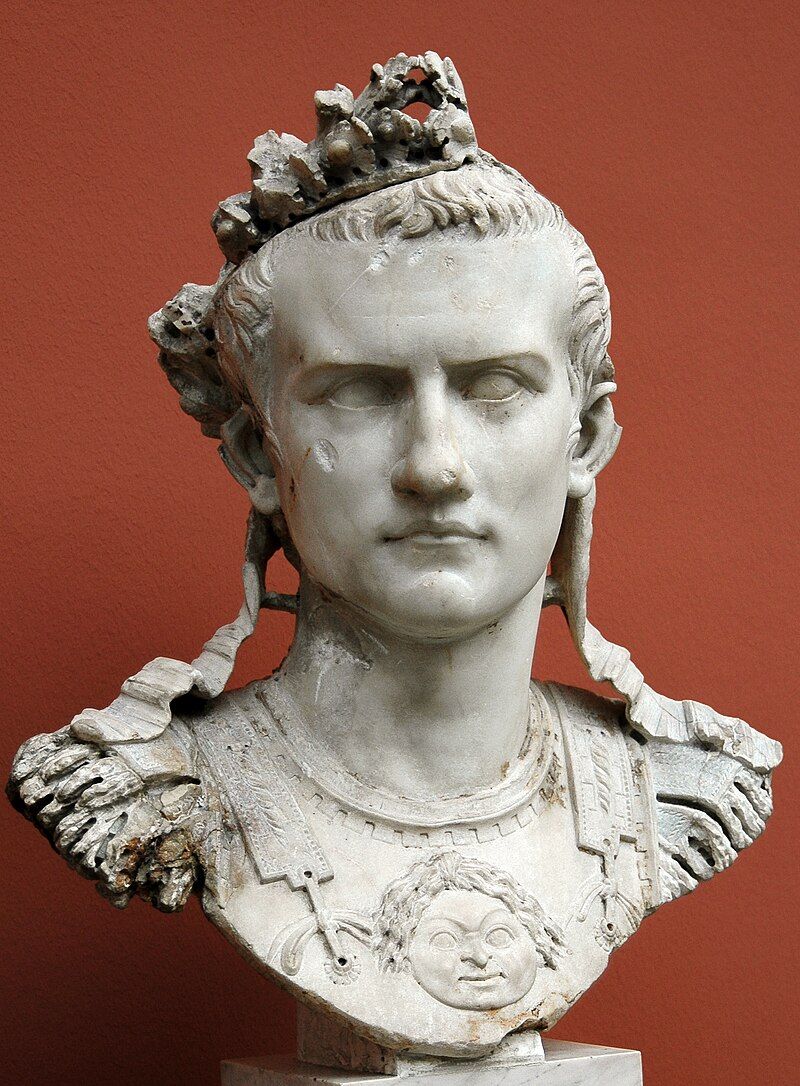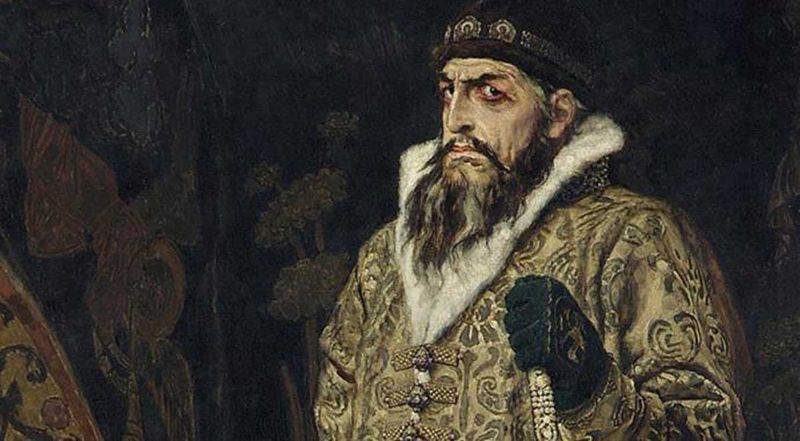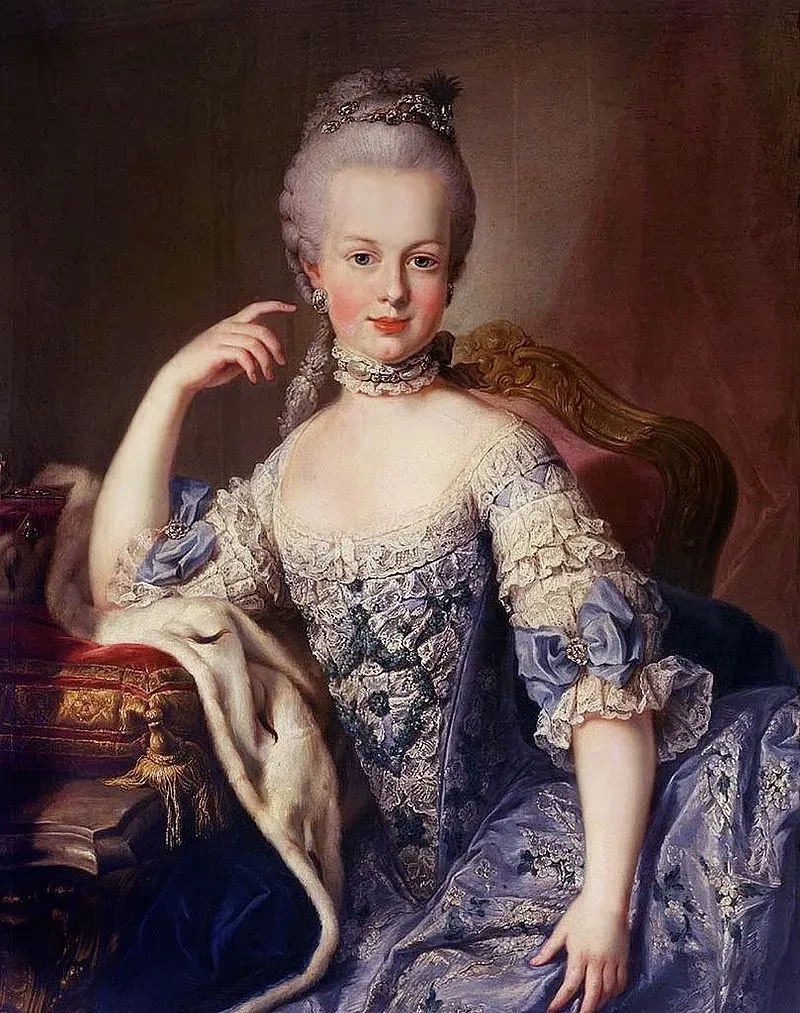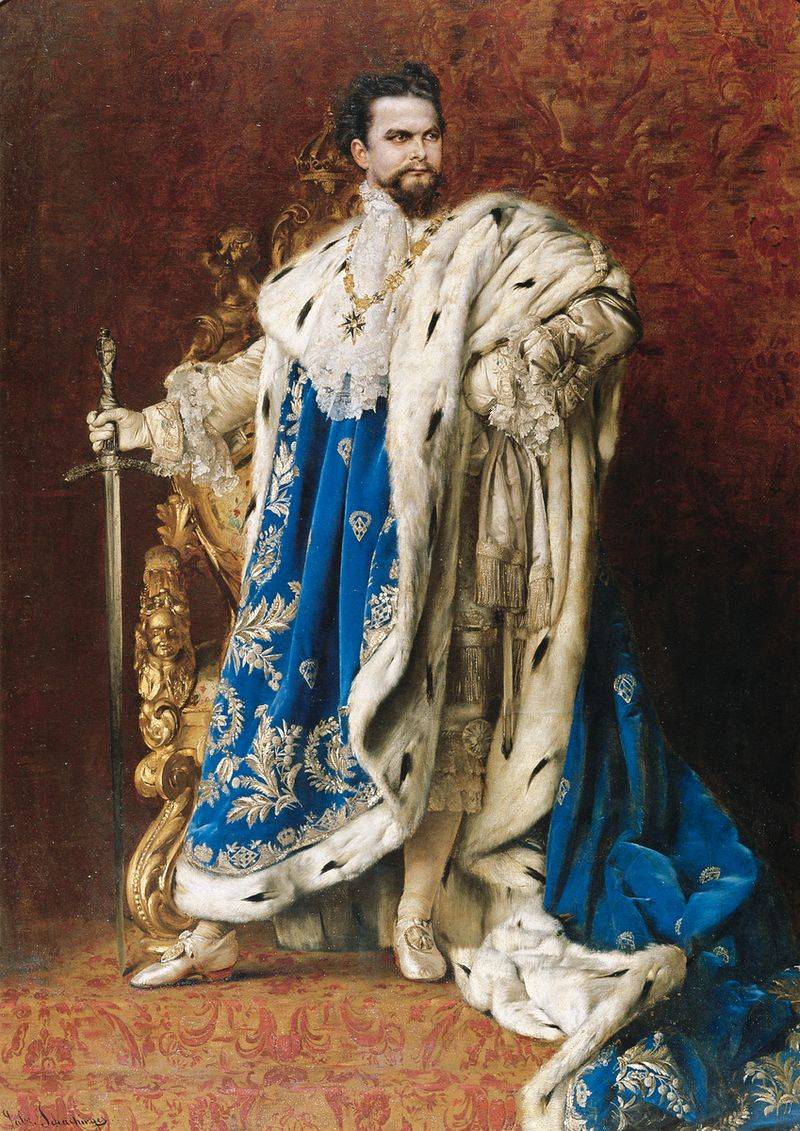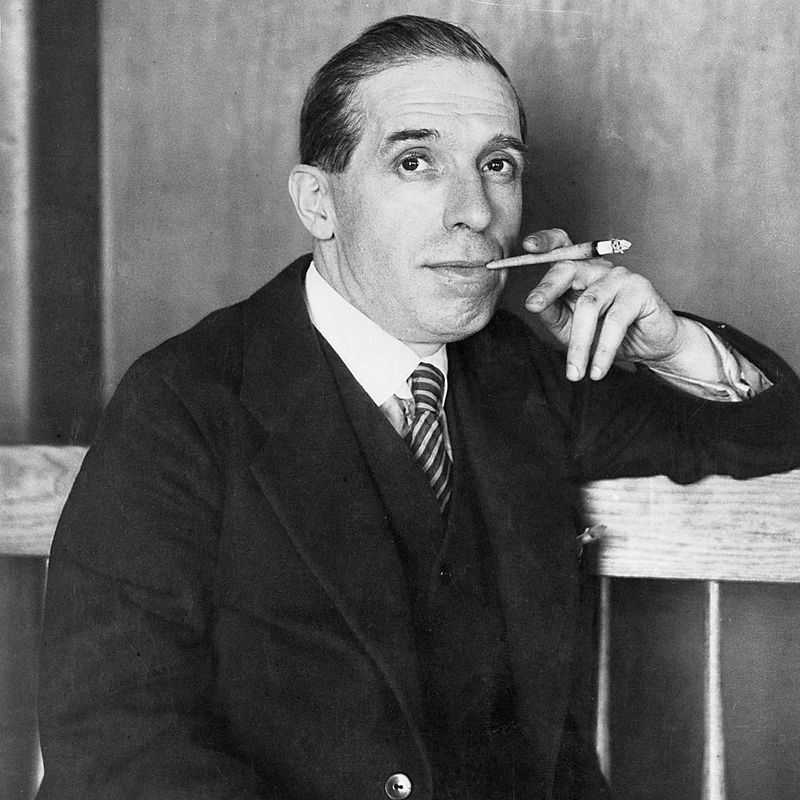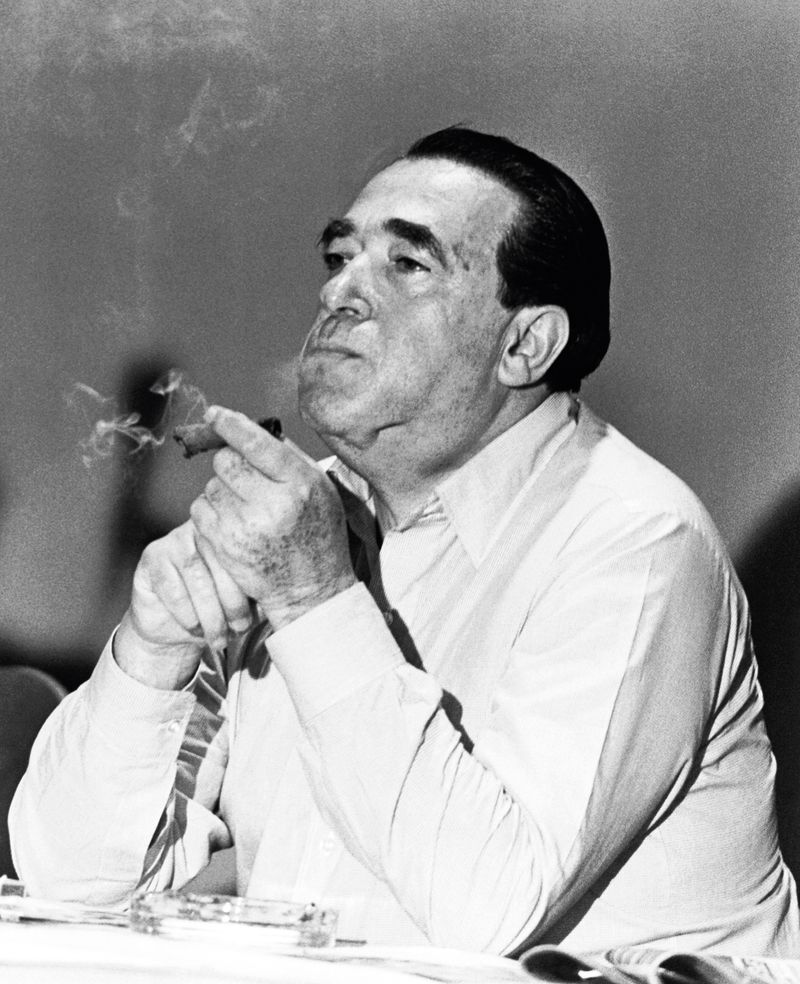Throughout history, there have been individuals whose insatiable greed has left a mark on society. This blog post delves into 15 such personalities, whose actions were driven by an unquenchable thirst for wealth and power.
From ancient emperors to modern-day moguls, their stories serve as a reminder of the destructive nature of greed. Each section highlights a unique individual, offering a glimpse into their lives and the impacts of their avarice.
Join us on this intriguing journey through time, exploring the lives of those who let greed dictate their paths.
1. Marcus Licinius Crassus
Marcus Licinius Crassus was a prominent Roman general known for his immense wealth and insatiable greed. He famously amassed his fortune through a combination of shrewd business dealings and ruthless opportunism.
One of his most notorious strategies was exploiting fire victimization. Crassus would buy burning properties at a fraction of their worth and rebuild them for profit.
His greed ultimately led him to seek military glory in Parthia, where his ambitions ended in disaster. Crassus’s legacy serves as a cautionary tale of how unchecked greed can lead to downfall.
2. John D. Rockefeller
John D. Rockefeller, the founder of Standard Oil, was a titan in the world of business, known for his vast fortune and monopolistic practices.
His aggressive strategies helped him control 90% of the U.S. oil market. He often resorted to underhanded tactics, like predatory pricing, to eliminate competitors.
Despite his immense philanthropy later in life, Rockefeller’s early business dealings earned him a reputation for greed. His story exemplifies the thin line between ambition and avarice, and the impact of corporate dominance on industry.
3. Genghis Khan
Genghis Khan, the founder of the Mongol Empire, is remembered for his unrelenting quest for power and wealth. His military campaigns were driven by a desire to expand his empire and acquire wealth through conquest.
Under his leadership, the Mongols conquered vast regions, amassing treasures and resources. While his tactics were brutal, they were effective in building one of history’s largest empires.
Genghis Khan’s legacy is a testament to how ambition, when coupled with greed, can alter the course of history and reshape entire continents.
4. William Randolph Hearst
William Randolph Hearst, the newspaper magnate, was known for his extravagant lifestyle and insatiable greed for power. His media empire was built on sensationalism and yellow journalism.
Hearst used his influence to sway public opinion and further his political ambitions. His lavish spending on properties, art, and collectibles was legendary.
Despite his contributions to journalism, Hearst’s relentless pursuit of personal gain overshadowed his achievements. His life is a cautionary tale of how the lure of power and wealth can consume one’s legacy.
5. Bernie Madoff
Bernie Madoff orchestrated one of the largest Ponzi schemes in history, defrauding thousands of investors out of billions of dollars. His greed knew no bounds as he promised consistent returns while secretly reappropriating funds.
Madoff’s charm and reputation in the finance world allowed him to maintain the façade of success for decades. His eventual downfall highlighted the vulnerabilities within the financial system.
Madoff’s story is a glaring example of how unchecked greed can lead to monumental fraud and the erosion of trust in financial institutions.
6. Imelda Marcos
Imelda Marcos, former First Lady of the Philippines, is synonymous with extravagance and greed. Her collection of shoes and lavish spending became symbolic of her family’s corruption.
During her husband’s dictatorship, she amassed immense wealth, often at the expense of the Filipino people. Her greed extended to political power, influencing governmental decisions for personal gain.
Even in exile, Imelda’s opulence remained unabated, reflecting how unchecked greed can contribute to governmental corruption and societal inequities.
7. Leona Helmsley
Leona Helmsley, known as the “Queen of Mean,” was a hotel magnate whose greed and arrogance became infamous. Her harsh management style and tax evasion scandals marked her career.
Helmsley’s lavish lifestyle was funded by fraudulent means, often at the expense of her employees. Her famous quote, “Only the little people pay taxes,” epitomized her disdain for the law.
Helmsley’s story serves as a reminder of how greed can taint business success and lead to legal and social downfall.
8. Vlad the Impaler
Vlad the Impaler, a ruler of Wallachia, is remembered for his brutality and greed for power. His reign was marked by his ruthless methods to control his dominion and wealth.
His infamous practice of impaling enemies is part of his dark legacy. Vlad’s governance was driven by a desire to maintain power at any cost.
His story is a chilling reminder of how the thirst for power and wealth can lead to tyranny and infamy, casting a shadow over historical legacies.
9. Henry VIII
Henry VIII, King of England, is infamous for his greed and desire for control, particularly in matters of marriage and religion. His reign saw the dissolution of monasteries, seizing their wealth for the crown.
His pursuit of a male heir led to multiple marriages and the establishment of the Church of England. Henry’s greed extended beyond wealth, encompassing power and personal desires.
His legacy is a complex blend of political reform and personal excess, illustrating the multifaceted nature of historical greed.
10. Caligula
Caligula, the Roman Emperor, is remembered for his extravagant lifestyle and tyrannical rule. His reign was marked by excessive spending and demands for divine worship.
Caligula’s greed knew no bounds, as he squandered the empire’s wealth on lavish games and personal indulgences. His erratic behavior and cruelty further tainted his rule.
Ultimately, Caligula’s unchecked greed and madness led to his assassination, highlighting how absolute power can corrupt absolutely and lead to one’s downfall.
11. Ivan the Terrible
Ivan the Terrible, Tsar of Russia, is infamous for his greed for power and control over his empire. His rule was marked by violent purges and the creation of the Oprichnina.
His paranoia and cruelty drove him to terrorize his subjects, consolidating power through fear and oppression. Ivan’s reign reshaped Russia’s political landscape, but at a great human cost.
His legacy serves as a warning of how a ruler’s greed and tyranny can devastate a nation and leave a legacy of fear.
12. Marie Antoinette
Marie Antoinette, the Queen of France, is often associated with the phrase “Let them eat cake,” symbolizing her perceived disconnect and greed. Her extravagant lifestyle amidst a struggling France fueled public dissent.
Lavish parties and spending became synonymous with her reign, contributing to the nation’s financial woes. Her actions, though partly exaggerated, reflected the opulence and excess of the royal court.
Marie Antoinette’s story underscores how perceived greed and excess can incite revolutionary change and upheaval in a society.
13. Ludwig II of Bavaria
Ludwig II of Bavaria, also known as the “Fairy Tale King,” was notorious for his extravagant spending on castles and art. His obsession with grandiose projects drained the Bavarian treasury.
Ludwig’s dreamlike creations, like Neuschwanstein Castle, were funded by his insatiable desire for artistic and architectural marvels. Despite his contributions to culture, his financial irresponsibility led to his political downfall.
Ludwig’s legacy is a testament to how unchecked ambition and greed can lead to financial ruin and loss of authority.
14. Charles Ponzi
Charles Ponzi, the namesake of the Ponzi scheme, was driven by greed to deceive thousands of investors with promises of high returns. His scheme relied on paying early investors with the money from later ones.
Ponzi’s charisma and allure masked the unsustainability of his operations. His rapid rise and fall became a hallmark in the history of financial fraud.
Ponzi’s tale is a classic example of how greed and deceit can bring temporary success but ultimately lead to disgrace and downfall.
15. Robert Maxwell
Robert Maxwell, a media mogul, was notorious for his financial improprieties and lavish lifestyle. His empire crumbled when it was revealed he had plundered pension funds to prop up his businesses.
Maxwell’s greed and manipulation led to a financial scandal that shook the corporate world. Despite his charismatic persona, his legacy is marred by betrayal and corruption.
His story highlights the dangers of unchecked ambition and greed, showing how they can lead to personal and professional ruin.
